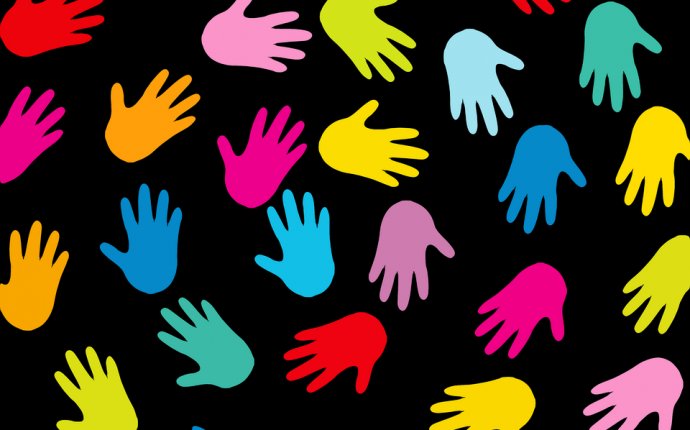
Social Disorders List
Social Anxiety Disorder (social phobia) is the third largest mental health care problem in the world today.
The latest government epidemiological data show social anxiety affects about 7% of the population at any given time. The lifetime prevalence rate (i.e., the chances of developing social anxiety disorder at any time during the lifespan) stands slightly above 13%. (See journal citation on the Social Anxiety Association home page.)
Definition
Social anxiety is the fear of social situations that involve interaction with other people. You could say social anxiety is the fear and anxiety of being negatively judged and evaluated by other people. It is a pervasive disorder and causes anxiety and fear in most all areas of a person's life. It is chronic because it does not go away on its own. Only direct cognitive-behavioral therapy can change the brain, and help people overcome social anxiety.
Perceptions
People with social anxiety are many times seen by others as being shy, quiet, backward, withdrawn, inhibited, unfriendly, nervous, aloof, and disinterested.
Paradoxically, people with social anxiety want to make friends, be included in groups, and be involved and engaged in social interactions. But having social anxiety prevents people from being able to do the things they want to do. Although people with social anxiety want to be friendly, open, and sociable, it is fear (anxiety) that holds them back.
Triggering Symptoms
People with social anxiety usually experience significant distress in the following situations:
- Being introduced to other people
- Being teased or criticized
- Being the center of attention
- Being watched or observed while doing something
- Having to say something in a formal, public situation
- Meeting people in authority ("important people/authority figures")
- Feeling insecure and out of place in social situations ("I don’t know what to say.")
- Embarrassing easily (e.g., blushing, shaking)
- Meeting other peoples’ eyes
- Swallowing, writing, talking, making phone calls if in public
This list is not a complete list of symptoms - other symptoms may be associated with social anxiety as well.
Emotional Symptoms
The feelings that accompany social anxiety include anxiety, high levels of fear, nervousness, automatic negative emotional cycles, racing heart, blushing, excessive sweating, dry throat and mouth, trembling, and muscle twitches. In severe situations, people can develop a dysmorphia concerning part of their body (usually the face) in which they perceive themselves irrationally and negatively.









